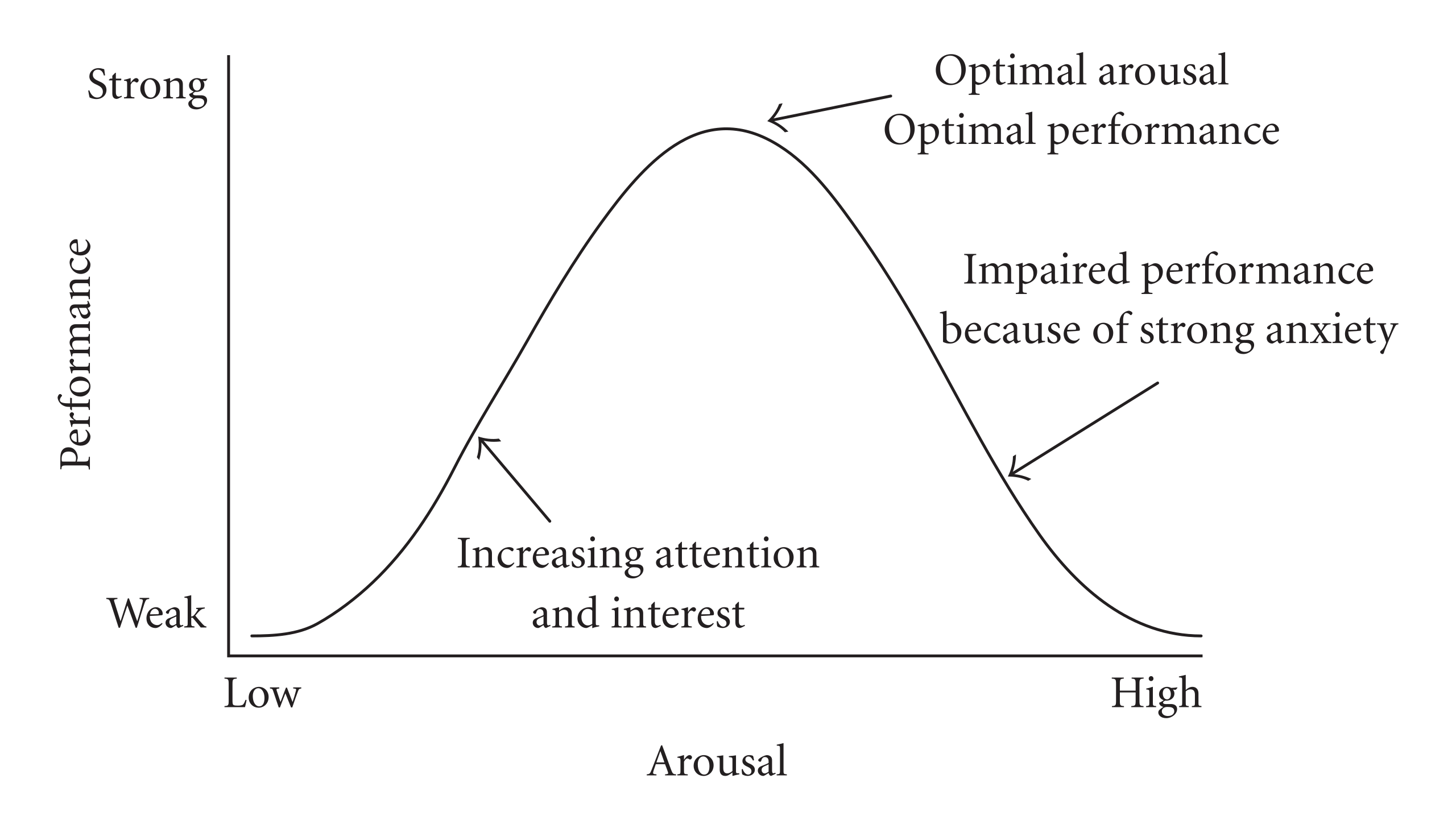 Nurturing maths awesomeness
Nurturing maths awesomeness
Adrenaline vs dopamine
The research clearly shows that we need to work at reducing arousal (adrenaline prouction) rather than increasing it, and 0maths is more unusual than it should be here.
Most maths apps have an undue and artificial emphasis on speed - whether it be competing against another player or some sort of ticking bomb. It provides an element of fun if you're already good at maths but can be soul destroying if you're not.
Quick calculation is an indicator that the result is at least partly coming from long term memory (a good thing) but pressure to work fast does not help store memories. Beyond number bonds and tables, fast answers are not even linked to good maths scores.
Competition produces adrenaline - the fight or flight chemical. Adrenaline increases heart rate, diverts energy to motor muscles and after an initial boost, begins shutting down logical thought.

There has been a lot of work on adrenaline and cognition. You can see in the graph above that a degree of arousal (in the sense of adrenaline production) helps, but greater amounts really start making logical (ie mathematical) thinking very difficult.
Maths problems have been shown to increase arousal; the harder the problem, the higher the state of arousal, and the more rational thought is subdued. This vicious circle alone can lead some learners to believe they are simply bad at maths.
Pressure to perform quickly shifts a learner to the right on the curve. The more negative previous encounters with maths were (ie they 'lost', the teacher asked them in front of everybody and they didn't know), the further to the right they start. By default, 0maths does not have this pressure, but for the (really very few) learners who need a boost to get near the peak, time and accuracy feedback is available in the settings.
Because it is a chemical effect in the brain, adrenaline (and the resulting decline in cognition) sticks around a long time after the inciting incident. This means:
There have also been experiments investigating the effect of adrenaline and memory. To begin with, maths ability depends on working memory and high anxiety has a very negative impact on working memory. Adrenaline helps the brain remember the stressful (ie adrenaline producing) event at the exclusion of other memories. For this reason, sweetener games between questions can also impair learning. In the scenario of a maths competition, the stress-inducing scenario that will be remembered is likely not the question-answer pair, but the stressor (ie "somebody is better than me", or a wrong-headed belief like "I got it wrong because I'm stupid.")
Adrenaline fatigue is also a problem. Spending time in a state of high arousal is tiring and has a knock on effect on what you do next. It's best to play a video game as a reward after doing maths, not before.
0maths offers a stream of never wrong (but maybe not yet right) answers and a reward for each one. In doing so, we target the production of dopamine (the "Eureka! I'm so good at this!" brain chemical) instead of adrenaline. Dopamine has been shown to increase both attention span and memory retention.
© Copyright Influenca Ltd 2020 - 2026